THURSDAY, 7 DEC 2023 AT 6 PM
The Polygon Gallery, 101 Carrie Cates Court, North Vancouver
Critical Image Forum: A Conversation with Hannah Darabi and Kelly McCormick at The Polygon
-
Hannah Darabi
Hannah Darabi is an Iranian artist and photographer. She studied at Tehran’s College of Fine Arts and then at the University of Paris VIII-Saint-Denis. Although she now lives in Paris, her country of origin remains the main subject of most of her photographic series, in which her photographs interact with other materials, such as text, archival images, music and objects, to show the unique political situation and economic conditions in her country. Among many honours, in 2019, Enghelab Street, a Revolution Through Books, Iran 1979-1983 earned the Historical Book Award at the Rencontres de la photographie d’Arles and in 2023 Darabi was granted the Bernd and Hilla Becher Promotion Prize by the City of Düsseldorf for her outstanding contribution to photographic art.
Read More
-
Kelly Midori McCormick
Kelly Midori McCormick is a historian of Japanese photography whose work explores the way that Japanese women photographers turned to photography to support or critique the state from the 1930s to the 1980s. Her book in progress, The Cameraman in a Skirt: The Making of Modern Japanese Photography, addresses how in the 1960s and 1970s women photographers transformed the camera into a tool turned against the state and corporations as they photographed protest, pollution events and the Women’s Liberation movement.
Read More
QUESTIONS OF PHOTOGRAPHY AND SOCIAL TRANSFORMATION WITH HANNAH DARABI AND KELLY MCCORMICK
This conversation with From Slander’s Brand exhibition artist Hannah Darabi and historian Kelly McCormick explores Darabi’s critical project on the photo books published during the early years of the Iranian Revolution of 1979 recapturing the potential that revolutionaries and governments saw in photographs. Through Darabi’s work, we uncover the possibilities and limits of photographs as they are changed, manipulated and turned into icons.
This event is presented by the Critical Image Forum in collaboration with the UBC Department of Art History, Visual Art and Theory and the Polygon Gallery. Critical Image Forum is a collaboration between the Belkin and the Department of Art History, Visual Art and Theory at UBC.
IMAGE (ABOVE): Hannah Darabi, Enghelab Street, a Revolution Through Books, Iran 1979-1983, 2019. Photo: Alison Boulier
-
Hannah Darabi
Hannah Darabi is an Iranian artist and photographer. She studied at Tehran’s College of Fine Arts and then at the University of Paris VIII-Saint-Denis. Although she now lives in Paris, her country of origin remains the main subject of most of her photographic series, in which her photographs interact with other materials, such as text, archival images, music and objects, to show the unique political situation and economic conditions in her country. Among many honours, in 2019, Enghelab Street, a Revolution Through Books, Iran 1979-1983 earned the Historical Book Award at the Rencontres de la photographie d’Arles and in 2023 Darabi was granted the Bernd and Hilla Becher Promotion Prize by the City of Düsseldorf for her outstanding contribution to photographic art.
Read More
-
Kelly Midori McCormick
Kelly Midori McCormick is a historian of Japanese photography whose work explores the way that Japanese women photographers turned to photography to support or critique the state from the 1930s to the 1980s. Her book in progress, The Cameraman in a Skirt: The Making of Modern Japanese Photography, addresses how in the 1960s and 1970s women photographers transformed the camera into a tool turned against the state and corporations as they photographed protest, pollution events and the Women’s Liberation movement.
Read More
Related
-
Research Project
2021 - Ongoing
Critical Image Forum: Research in Photography and Expanded Documentary
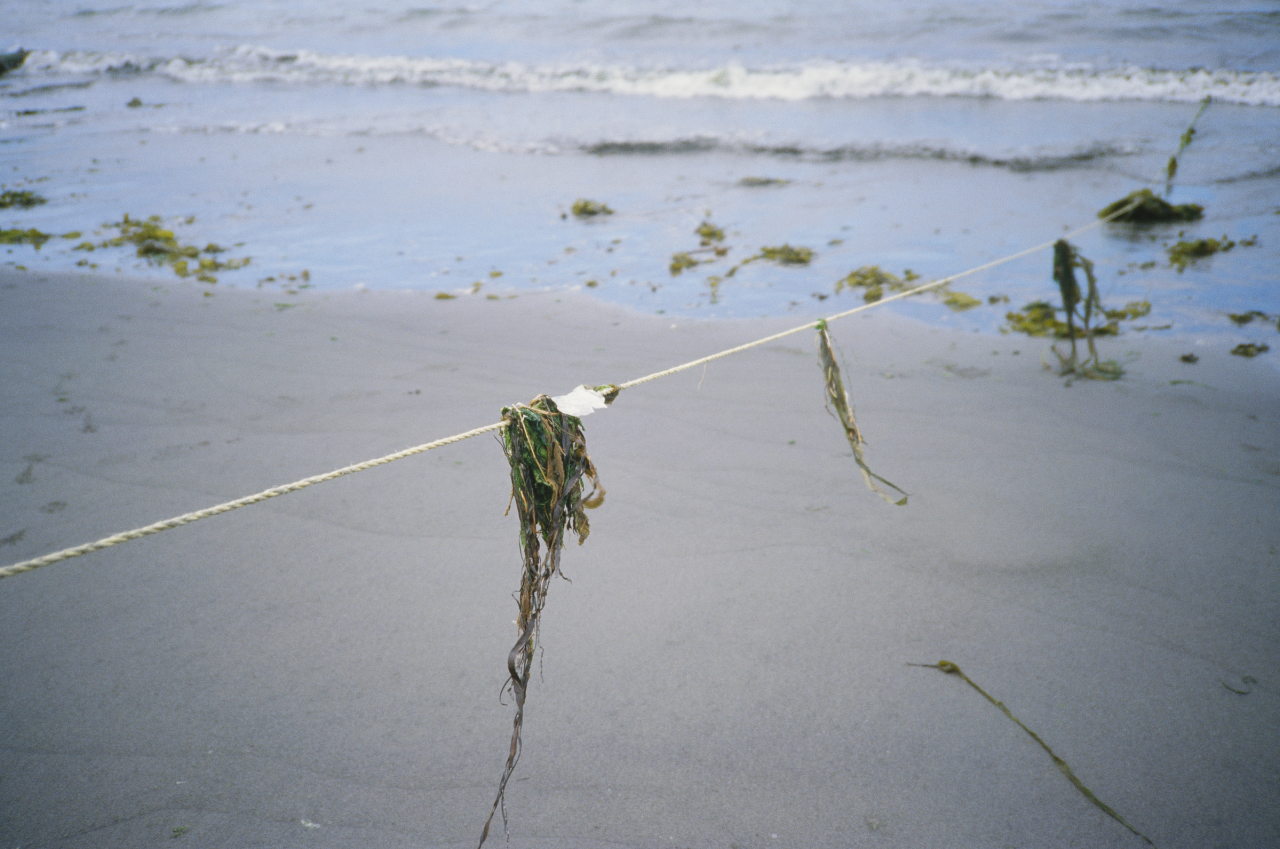
Critical Image Forum is a research project that focuses on the political, ethical, aesthetic and social dimensions of expanded documentary practices. The Forum's primary medium of research is photography, with an interest in how the proliferation of moving images, performance, sound and digital networks have challenged and complicated the veracity of the visual document.
[more] -
Event
Wednesday, 22 Nov 2023 at 12:30 PM
Critical Image Forum: Lecture with Nancy Adajania
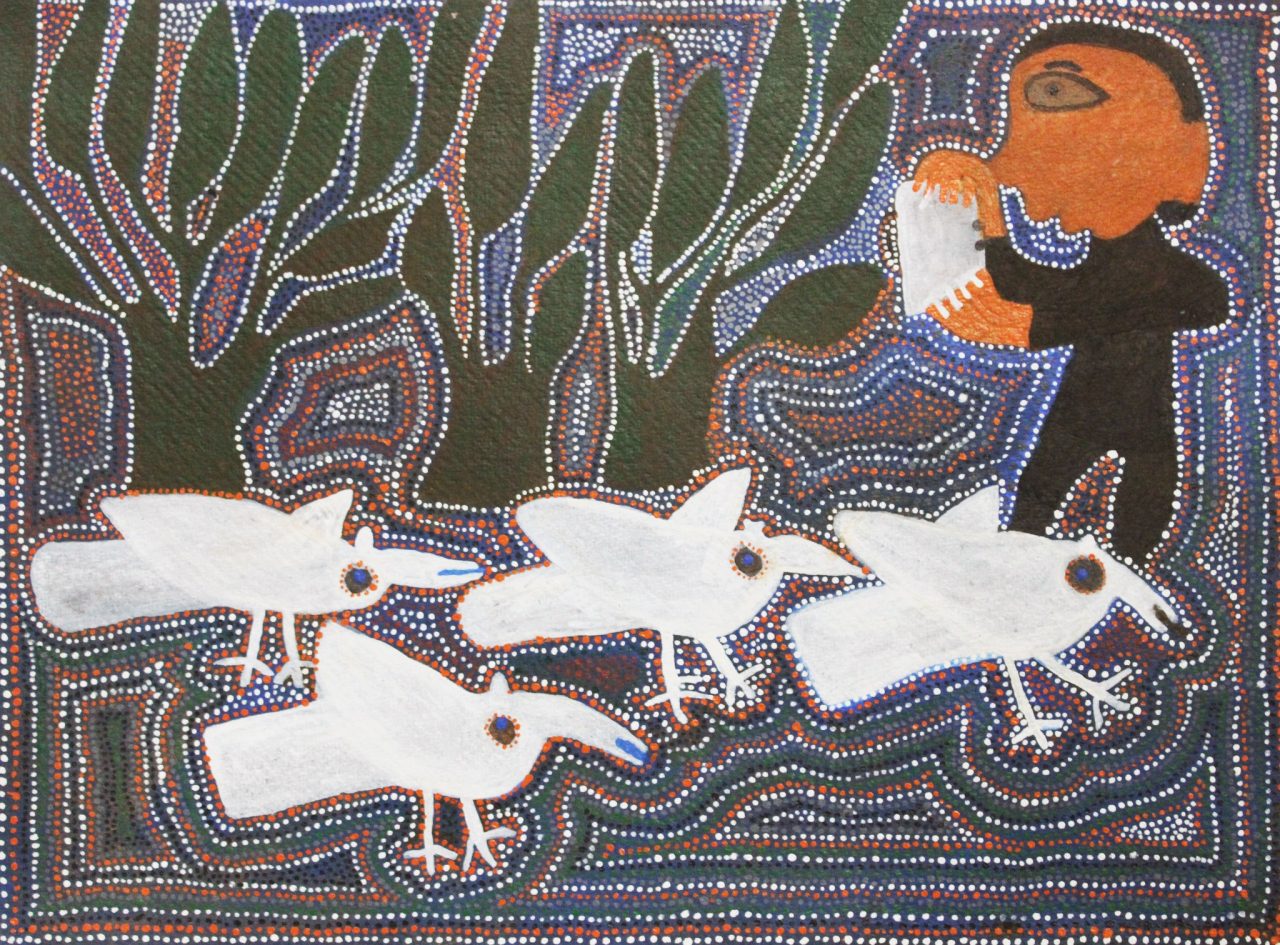
Join us for a lecture Nothing Primordial About It: The Political Ecology of Adivasi Art by Mumbai-based cultural theorist and curator Nancy Adajania. This event is presented by the Critical Image Forum and the Department of Art History, Visual Art and Theory, and the Surrey Art Gallery. Critical Image Forum is a collaboration between the Belkin and the Department of Art History, Visual Art and Theory at UBC.
All are welcome.
[more] -
Event
Wednesday, 4 Oct 2023 at 5:30 pm
Critical Image Forum: Lecture with Shawn Michelle Smith
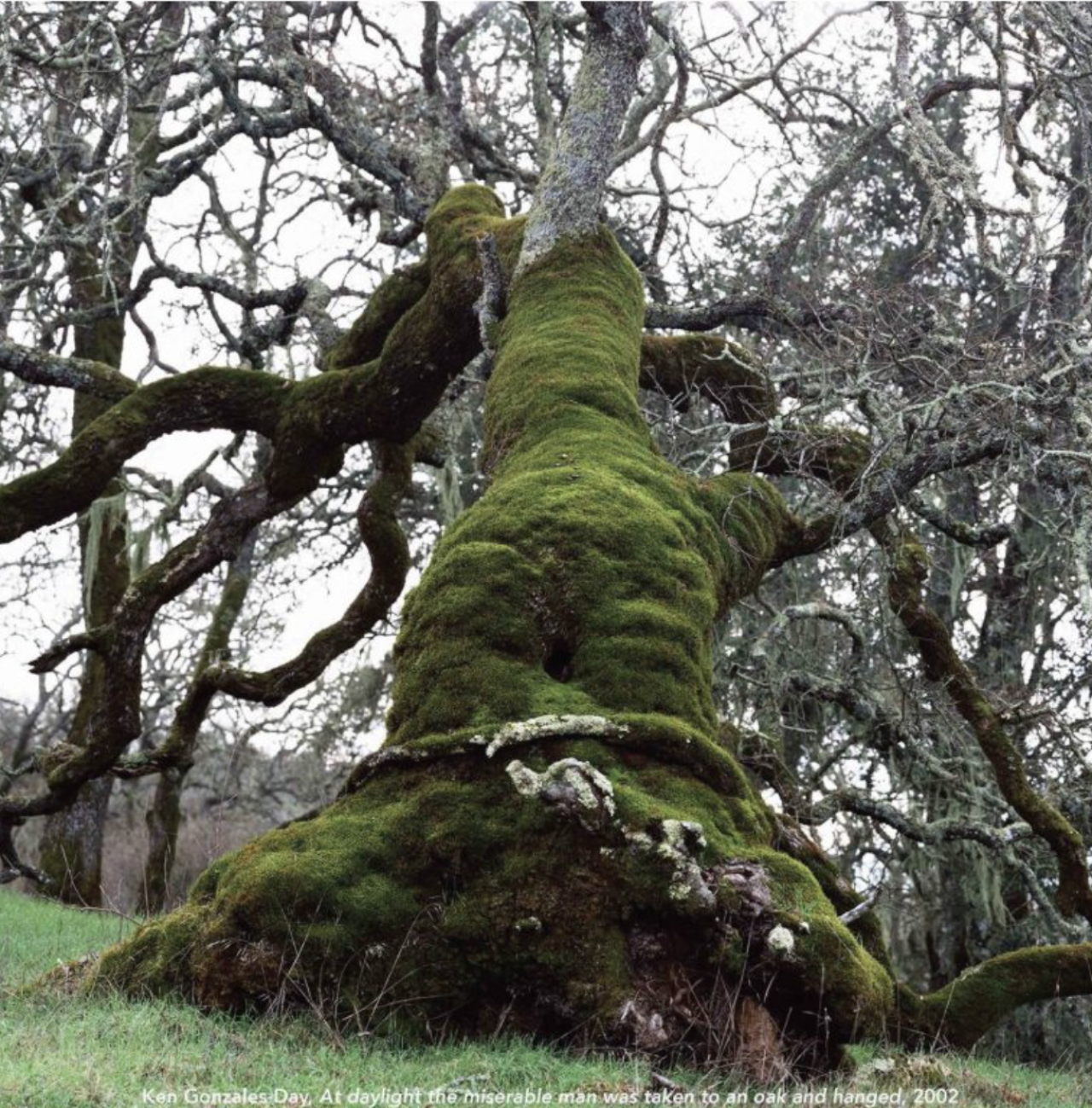
Join Shawn Michelle Smith for her talk Witness Trees: Ken Gonzales-Day re-surveys the US West, which proposes that Gonzales-Day's photographic series Searching for California Hang Trees brings into view the intertwined ecosystems of racialized human violence.
[more] -
Event
Wednesday and Thursday, 9 and 10 Mar 2022
Critical Image Forum: Artist Talk with Elizabeth M. Webb
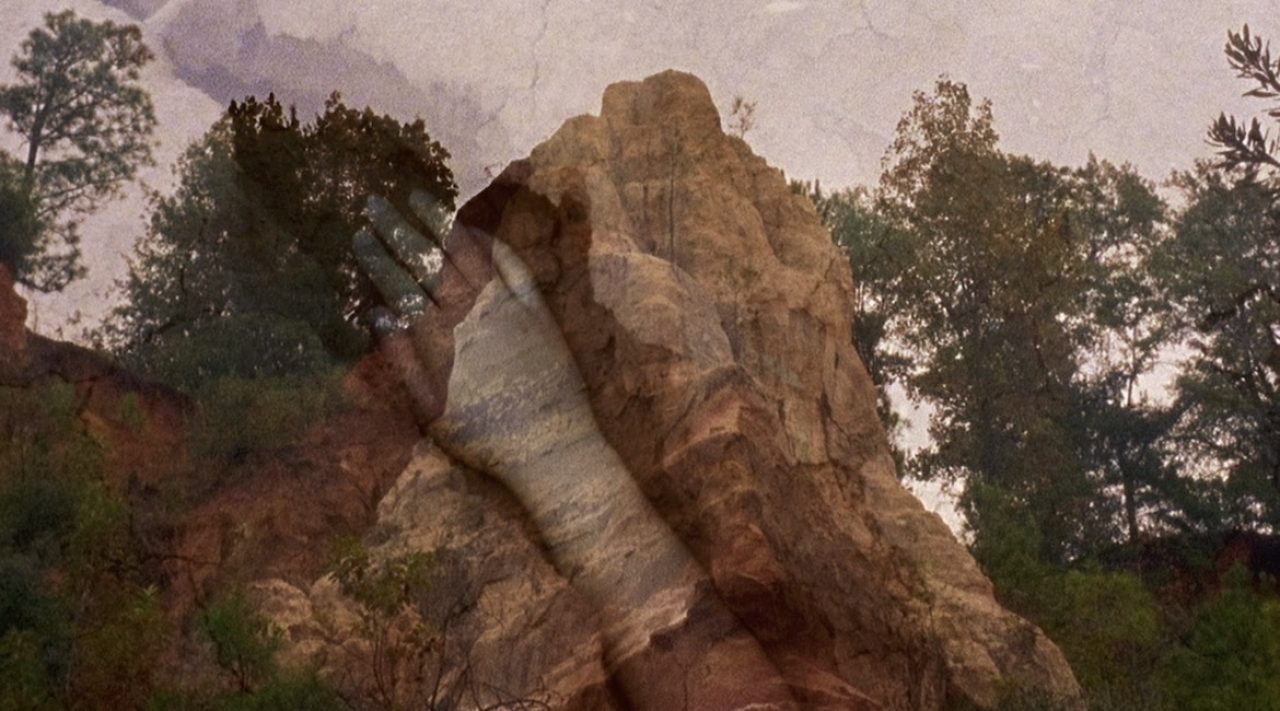
Join multimedia artist Elizabeth M. Webb for a talk and film screening; both events are free and open to the public, no registration is required. Masks and proof of vaccination are mandatory. Webb is an artist and filmmaker originally from Charlottesville, VA. Her work is invested in issues surrounding race and identity, often using the lens of her own family history of migration and racial passing to explore larger, systemic constructs. She has screened and exhibited in the US, United Kingdom, Canada, Japan, Ecuador, Singapore, Switzerland, Mexico, Spain, Austria, Norway and Germany and was a recipient of the inaugural Allan Sekula Social Documentary Award in 2014.
[more] -
Event
Wednesday 8 Feb 2023 at 5:30 pm
Critical Image Forum: A Conversation with Heather Igloliorte and Taqralik Partridge
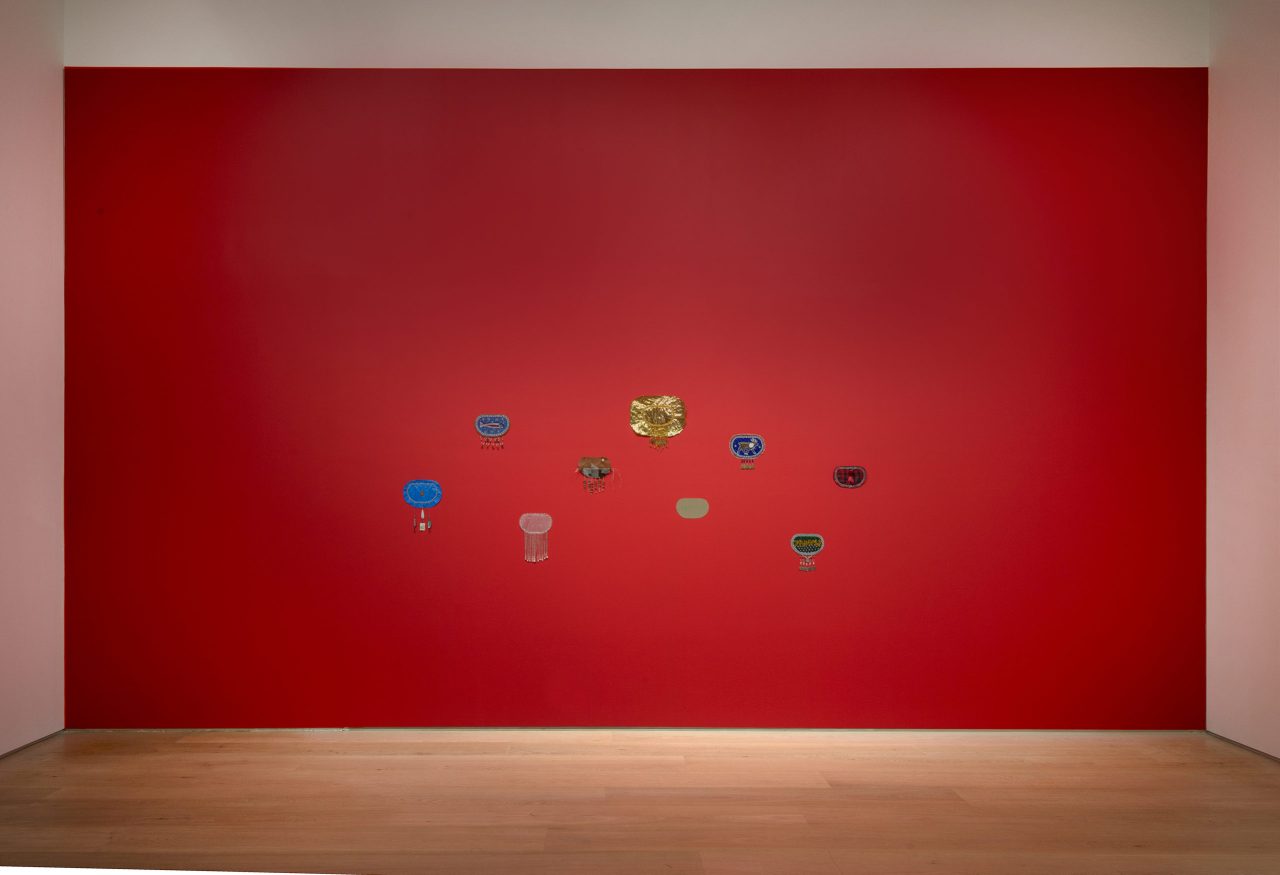
Please join us for a dialogue between Heather Igloliorte and Taqralik Partridge. The speakers will discuss their previous collaborations as well as broader issues in curating and producing contemporary Inuit Art in institutional and community contexts.
[more] -
Event
Critical Image Forum Dialogue Series: UAAC Global Photography
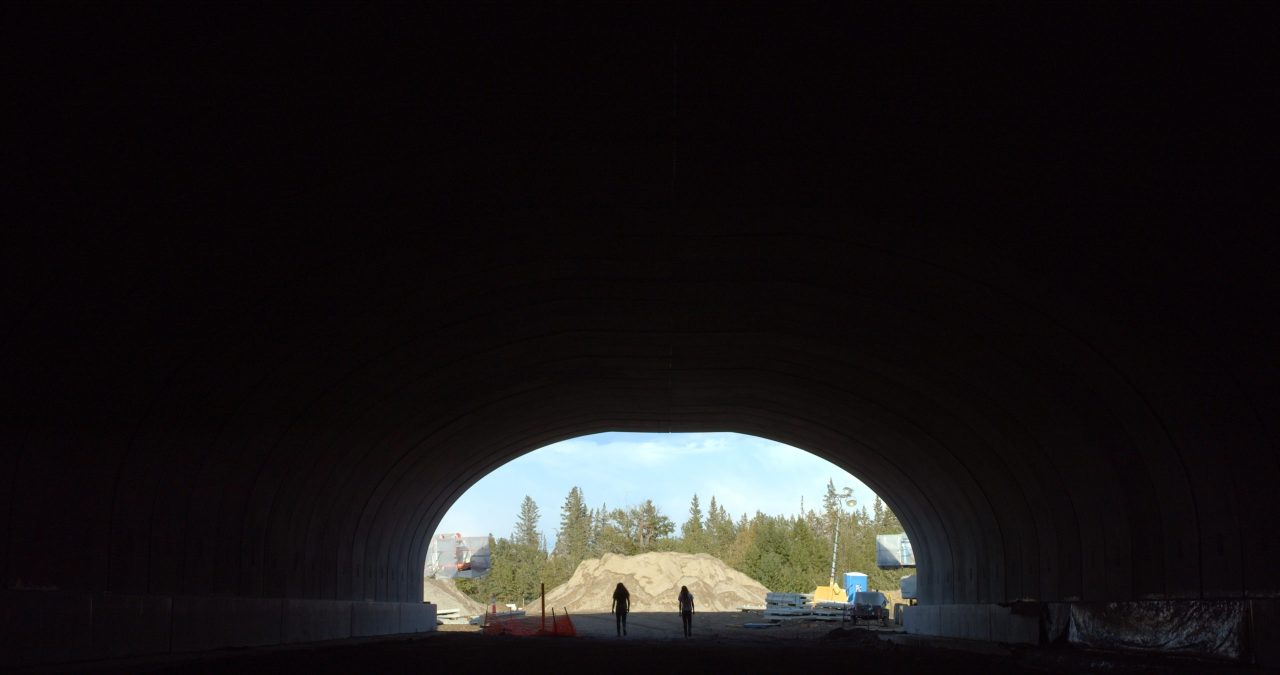
As part of the University Art Association of Canada's online conference, panel chairs Heather Diack (University of Miami) and Terri Weissman (University of Illinois at Urbana Champaign) brought together art historians and artists committed to deepening the discourse of photography studies and expanding its points of reference in Canada Global Photography: Critical Histories.
[more] -
Event
Critical Image Forum Dialogue Series: Sandra Boss
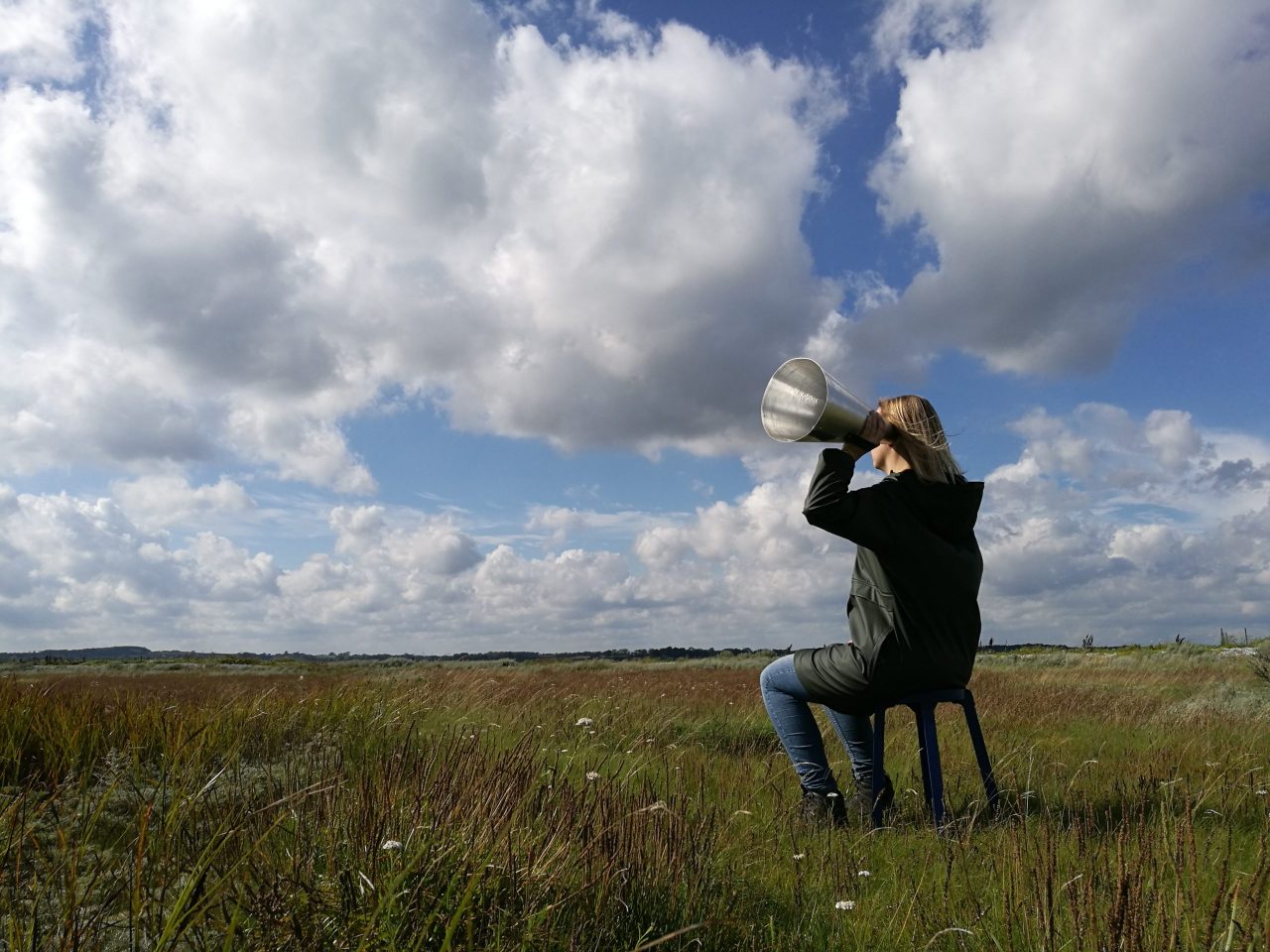
For this episode of the Critical Image Forum Dialogue Series, Tobias Ewé talks with Danish sound artist Sandra Boss about her practice-based research into mid-century German hearing machines, conceptions of hearing and how these shape the listening subject. The discussion takes its outset in Boss's dissertation, Tuning the Ear: Exploring Conditions and Conceptions of Hearing, which is much more than a collection of textual chapters, but a sound art object in and of itself.
[more] -
Event
Critical Image Forum Dialogue Series: Robert Del Tredici
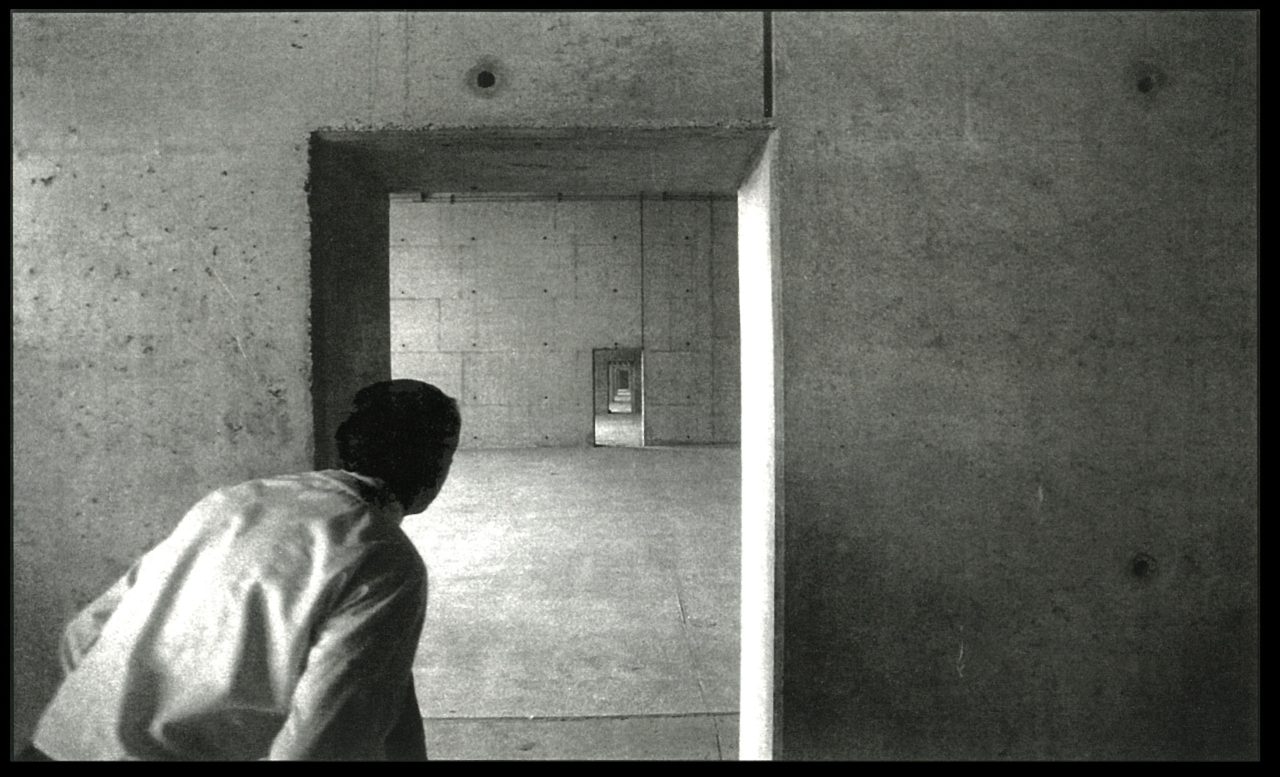
In this episode, through a far-reaching discussion of his illustration and photographic practice, and in dialogue with UBC professor emeritus John O’Brian, Robert Del Tredici touches on political, ethical and philosophical aspects of nuclear technologies and deployments. Through photographic projects from Three Mile Island, Hiroshima, Kazakhstan, Dene Territory in the Canadian Arctic and many other places and sites, Del Tredici’s presentation frames the enormity and devastation of the global nuclear industrial complex, helping to counter its forces of abstraction.
[more]